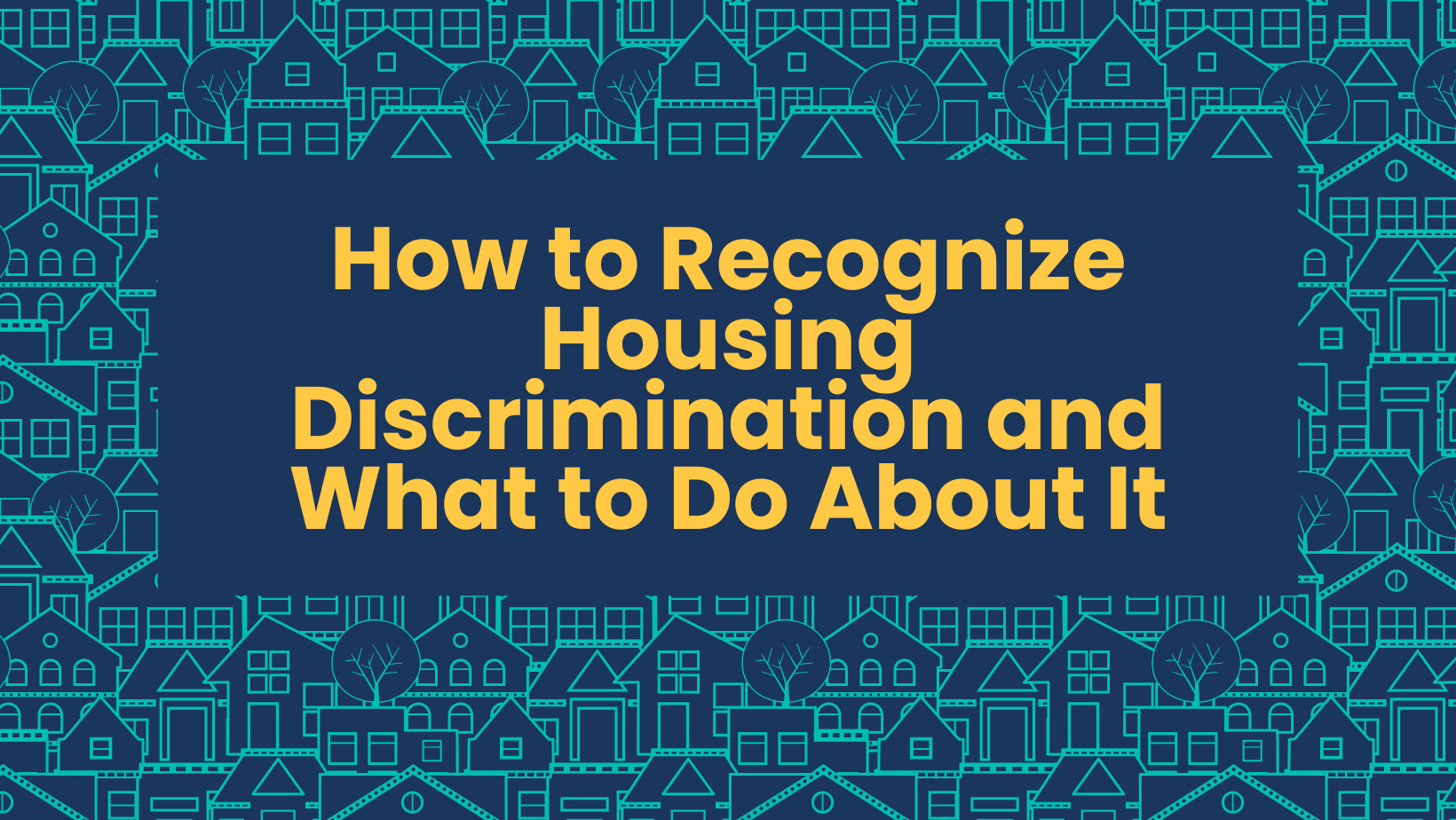Everyone deserves a safe, stable place to live, free from discrimination. Yet, for many people, fair housing remains out of reach due to subtle and overt discrimination. Whether you are renting an apartment or buying a home, understanding your rights and knowing how to spot discrimination are essential steps to protecting yourself and advocating for a fairer housing system.
What is Housing Discrimination?
Housing discrimination occurs when someone is treated unfairly in a housing-related transaction because of characteristics protected under the Fair Housing Act. These include race, color, national origin, religion, sex (including sexual orientation and gender identity), disability, and familial status. Many states, including Connecticut, expand these protections to include age, source of income, gender identity or expression, status as a veteran, and status as the victim of domestic violence.
Discrimination can be blatant, like refusing to rent to someone because of their race, or subtle, and disguised as neutral business decisions. Subtle discrimination is often harder to detect and prove.
Common Signs of Discrimination
Be aware of these potential red flags:
- Unit availability issues: A unit is “no longer available” but appears advertised again later.
- Different terms or pricing: Higher deposits, extra documentation requests, or fewer amenities offered than advertised.
- Steering: Agents guide you toward or away from certain neighborhoods.
- Denied accommodations: Refusing reasonable adjustments for tenants with disabilities, such as service animals or parking modifications.
- Differential treatment: Changes in treatment after revealing personal details like family status, accent, race, religion or partner’s gender.
Your Rights as a Renter or Homebuyer:
You are entitled to:
- Equal treatment in all housing transactions.
- Reasonable accommodations for disabilities.
- Protection from harassment or retaliation for asserting your rights.
- The ability to apply for housing without judgment based on protected characteristics.
What to Do If You Suspect Discrimination
- During your housing search document everything: Save emails, texts, applications, and notes from conversations. Take screenshots of listings or communications when possible.
- Compare experiences: Ask a friend with different demographics to inquire about the same unit or service. Disparate treatment is a key indicator.
- Contact a fair housing organization or other legal services: The Connecticut Fair Housing Center can investigate, mediate, or escalate complaints. Civil rights groups and legal aid organizations can help navigate complex cases.
- File a complaint with HUD or CHRO: You can file online or by phone.
Why It Matters
Housing discrimination doesn’t just harm individuals; it reinforces segregation, limits economic opportunity, and deepens inequality. Studies show Black and Hispanic renters are shown fewer rental units and offered less favorable treatment than white renters, even with identical qualifications.
By knowing your rights and speaking up, you are contributing to a fairer, more equitable housing system.
Need Help?
The Connecticut Fair Housing Center provides free services to renters, homebuyers, and advocates across the state. Visit ctfairhousing.org for tools, information, and support.


